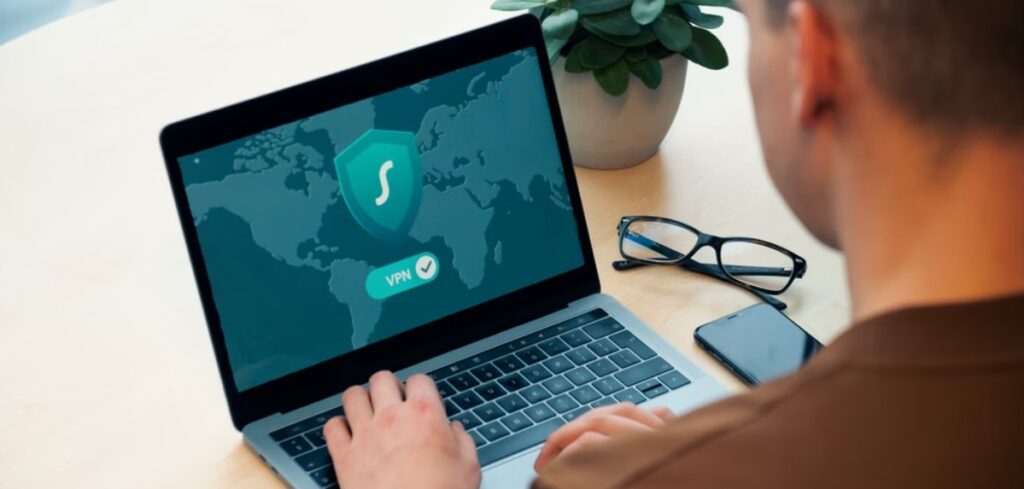Regardless of the economic sector, cyberattack incidents have been increasing every year. Developments in technology have contributed to the surge in cyber breaches. Read on to find out the most vulnerable sectors that need advanced cybersecurity measures.
- Ecommerce Websites and Online Shops
The lockdown has compelled many firms to shift their transactions online. As a result, businesses in the eCommerce sector have seen an increase in growth. Unfortunately, the number of cyber-attacks has also been rising.
A Verizon 2021 Data Breach study reported an 11% rise in phishing attacks, accounting for 36% of incidences. The report attributes the increase to remote working and other factors related to the pandemic.
Your online store will inevitably hold customer data, including emails, phone numbers, and addresses. The connection can be intercepted, so ensure your website is secure. An SSL (Secure Socket Layer) certificate is the standard for protecting your site from phishing attacks.
- Public Administration and Government Agencies
Public administration and government agencies store a lot of information regarding their citizens. The information may include personal details like addresses and phone numbers. The government may also have biometric data like fingerprints, an iris image, and facial data.
Another reason cyberattacks are particularly risky for government organizations is information on sensitive projects. For example, in 2020, hackers breached the National Nuclear Security Administration’s infrastructure responsible for managing the nuclear stockpile.
The source of the breach, which was suspected to be the work of Russian hackers, was corrupted software. Like most attacks on government organizations, it involved social engineering combined with other tactics. The cost of addressing such attacks has been rising every year. So preventive measures are critical to avoid a breach in the first place.
- Healthcare Companies
Businesses in the healthcare industry have been experiencing unprecedented cyberattack proliferation. Statistics show approximately 40 million records were compromised in 2021 alone, up from 34 million incidences the previous year.
Experts attribute the increase in cyberattacks to the stress of COVID19 on the healthcare system. As a result, organizations face a skills shortage, leaving many service providers unable to manage their IT infrastructure.
Healthcare organizations can utilize applications to secure the information they share with third-party vendors. For example, ConnectWise cyber security software applies effective Endpoint Detection and Response techniques to protect your IT infrastructure. The software monitors suspicious activity that indicates an attack in progress.
- Businesses in the Financial Sector
Fintech businesses and banks have been experiencing increasing cyberattacks year after year. Statistics indicate the cost of the damage has risen by 10% each year to more than $4million in 2021.
Financial services providers face an inherent security risk. They store invaluable data on their client’s finances. For example, hackers steal the information to sell on the dark web or launch Ransomware attacks.
Businesses in the financial sector can reinforce their system by deploying multi-factor authentication. For example, cyber security software can protect your infrastructure by monitoring unknown IPs on the network.
Keep your IT infrastructure by updating the latest plugins and software patches. You can delegate security management to cybersecurity experts. ConnectWise offers 24/7 threat monitoring solutions to help your business keep up with new developments.



